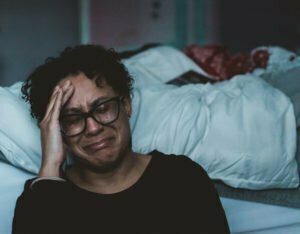It’s not uncommon for people in recovery to choose a career that involves helping treat others who suffer from addiction. Many mental health professionals and addiction rehabilitation counselors have been in recovery for years and they make a conscious decision to help others with the same struggles they went through.
Seeking treatment from someone in recovery can be beneficial to your own recovery. Mental health professionals have the knowledge to teach you tools for coping with addiction or mental illness, but being able to talk to someone who has actually experienced such struggles can make a huge difference in how receptive you are to their treatment.
All the knowledge and education in the world can’t help someone fully understand addiction unless they’ve gone through something similar themselves. Knowing your counselor or therapist understands what you are going through makes a world of difference.
Why People Enter a Career in Addiction Treatment
There are many ways people can help others struggling with addiction. Some may volunteer at a crisis hotline, others may become sponsors to new members of their Alcoholics Anonymous meetings. Some people decide to dedicate their careers to helping people with addiction, substance use disorders, and co-occurring mental health disorders. You can do this by becoming a therapist, drug counselor, case manager, or clinical program director.
People often feel motivated to enter the mental health field because they have been inspired by their own therapists, sponsors, or mental health professionals. Most career avenues require certain kinds of education. That may include programs focused on mental health counseling, addiction treatment, or program management. These curriculums are important for being able to grow a career, but at the end of the day, experience can be more helpful than any information we read in a textbook. This is why some choose to take the volunteer or sponsorship approach, because continuing education may not be feasible at that time.
Bonding Through Recovery Journeys
As people, we naturally bond with others through similar experiences. For some, that may be through growing up together, for others it might be through shared hobbies like music or art. We can bond with others who are in recovery, and in doing so, we strengthen our recovery support as well as our ability to help others also in recovery. For example, sponsorship is a mutual relationship. The sponsor helps someone navigate their new life in recovery and the sponsee helps keep their sponsor accountable. Accountability is key for any situation where people are trying to improve themselves, such as in recovery.
Now, it’s important to acknowledge that not everyone’s recovery journey is the same. People may be suffering from substance use disorders, behavioral addictions, or suffer more from co-occurring mental illnesses. All journeys and struggles are different. However, people can bond over the commonalities of their illness. That may include bonding over similar cravings and triggers, treatment methods that work well, and what resources you use. This may strengthen your support network, and together you can offer guidance on how you stay in recovery, keep each other accountable, and be pillars of support to help each other.
How You Can Begin Helping Others
You can take part in helping others in recovery. Anyone in a position to help others who are recovering needs to feel confident in their own sobriety first. That means having a consistent treatment regimen, whether that includes attending meetings, individual therapy, or implementing other mindfulness practices. Once you feel you’re at a place of stable recovery, you can begin helping others.
Not everyone needs to dedicate their careers to counseling or providing treatment. You can volunteer at a crisis hotline, become a sponsor, or find a way to volunteer at your local support group. If you do want to focus your career on helping others in recovery, consider researching education programs or looking into careers you can pursue that do not require further education. Be confident in knowing that your experiences and recovery story can be instrumental in helping someone else who is struggling.
How The Ohana Helps Each Other
The Ohana Addiction Treatment Center is a community of individuals who are trying to improve themselves and live a life free of active addiction. The Ohana emphasizes the importance of connection because we know addiction is a very isolating disease. Recovery programs based on connection will keep you accountable for your recovery and keep others accountable for theirs.
Recovery at The Ohana doesn’t end when you leave the facility. You build a family of support during your time here, which you can continue to lean on throughout recovery. That includes The Ohana staff and our ability to connect you with local resources. The Ohana knows the struggles of achieving a life of recovery. Don’t suffer in silence anymore. Others in recovery can help you through yours today.








